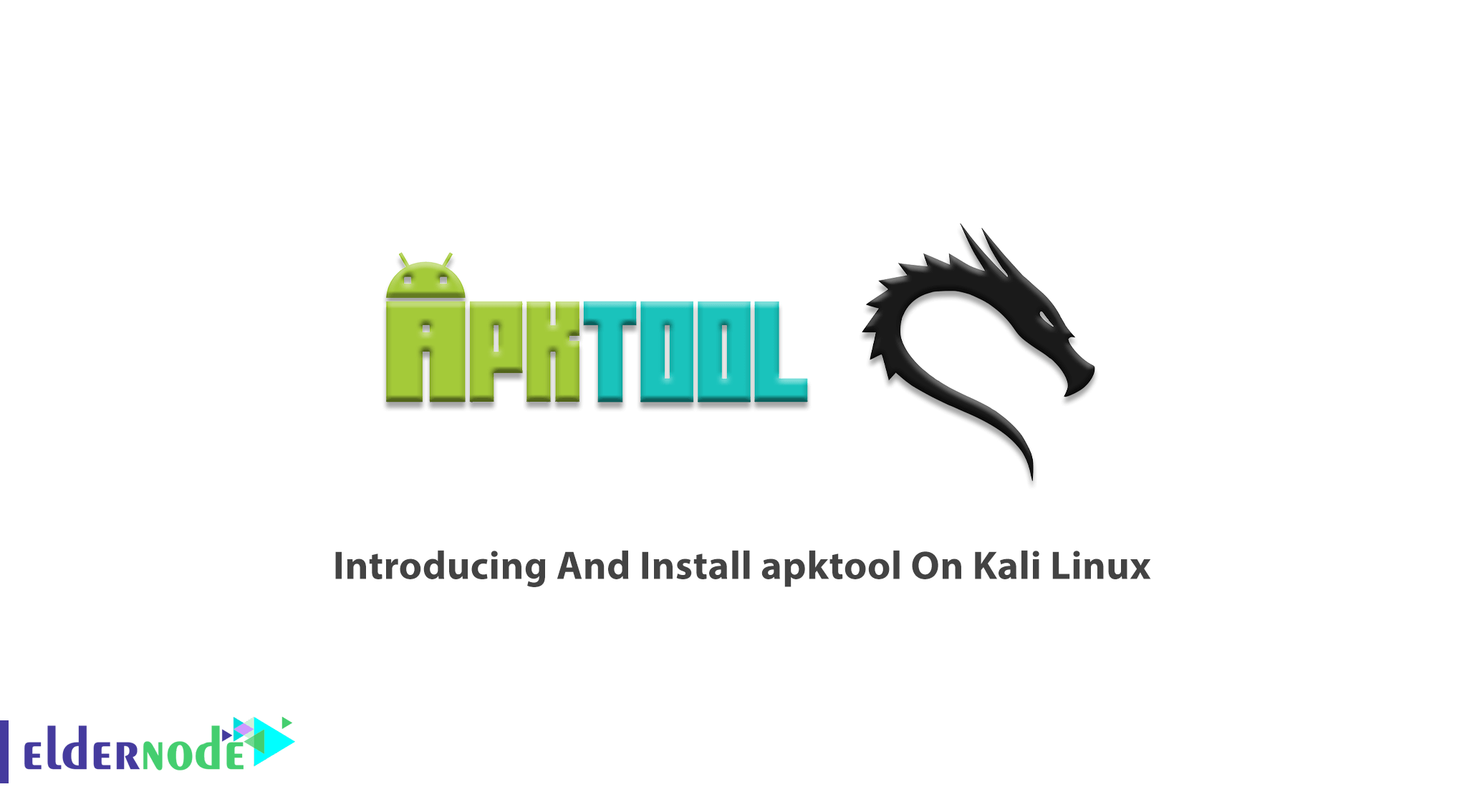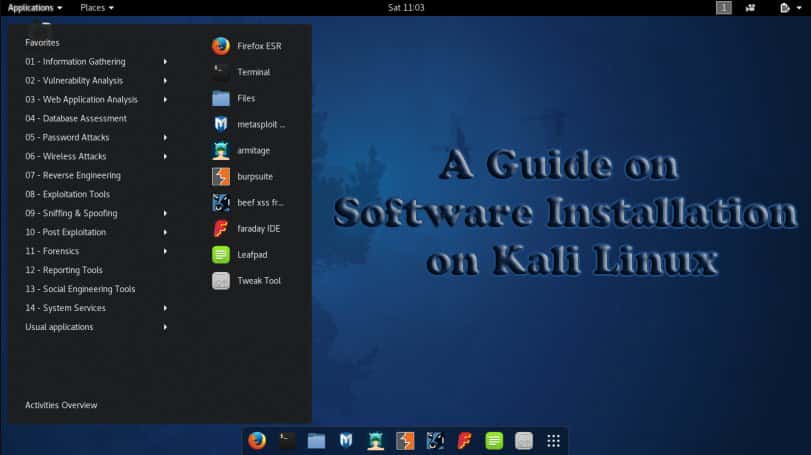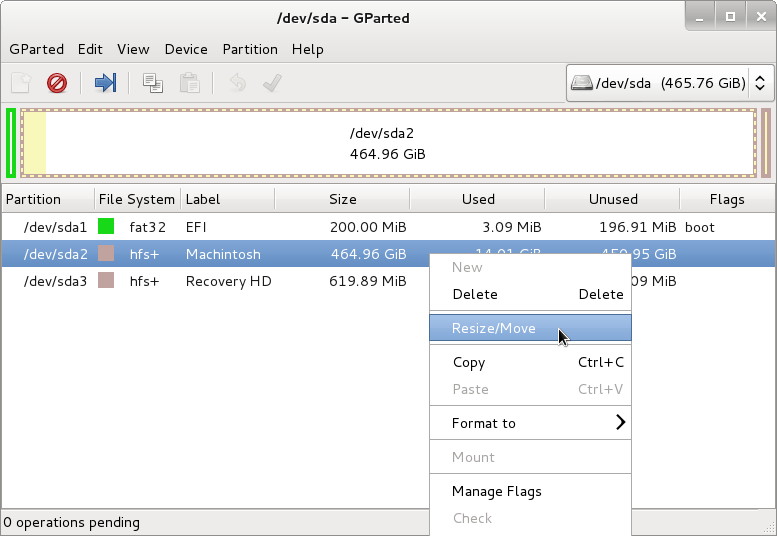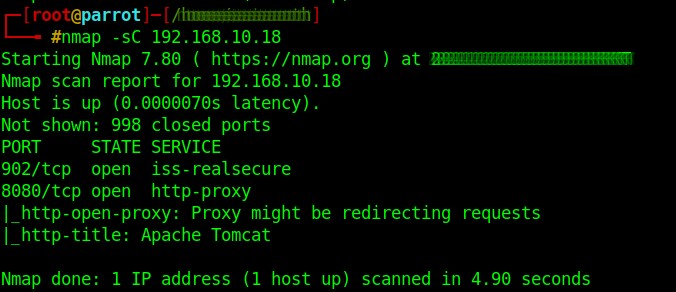FAQ:


I've recently managed to successfully install Kali Linux 2.0, Windows 10, and MacOS X Yosemite to triple-boot on my 2013 MacBook Pro laptop, and it took quite a bit of research to figure out all the pieces to this puzzle, so I though I'd share it here with the community - maybe this is helpful for some: 899 You will need several tools to make. Macof can flood a switch with random MAC addresses. This is called MAC flooding. This fills in the switch’s CAM table, thus new MAC addresses can not be saved, and the switch starts to send all packets to all ports, so it starts to act as a hub, and thus we can monitor all traffic passing through it.

Kali Linux Tools For Mac Os
Credits:
UTM (https://github.com/utmapp/UTM)
Resources:
| Name | Download |
|---|---|
| UTM | (https://github.com/utmapp/UTM/releases) |
| Kali Linux amd64 | https://www.kali.org/downloads/ |
- After installing it, open it and create a new VM Machine:
- Change the Name to Kali Linux
- Change the Style to Operating System
- And you can choose as icon the kali linux one
- Go to the System Tab and choose the following Options:
- Archictecture = x86_64
- System = Standard PC (i440FX + PIIX, 1996)
- 4GB RAM
Now we are going to the “Drives” Tab. We create a new Drive, in order to install Kali Linux on it. For this choose New Drive and as interface VirtlO.
After this we need to import a drive (in our case, we choose the kali-linux iso that we previous downloaded).
After adding it, go sort the iso as first boot (up-down arrows under Interface) like in this picture
Kali Linux Tools For Mac Os

Kali Linux Tools For Macos Sierra

Kali Linux Tools For Macos X
And that’s all, go boot the system and you can install it ;).
Kali Linux Tools For Macos 7
If you don’t know how to install kali linux, check this link out:https://www.kali.org/docs/installation/hard-disk-install/